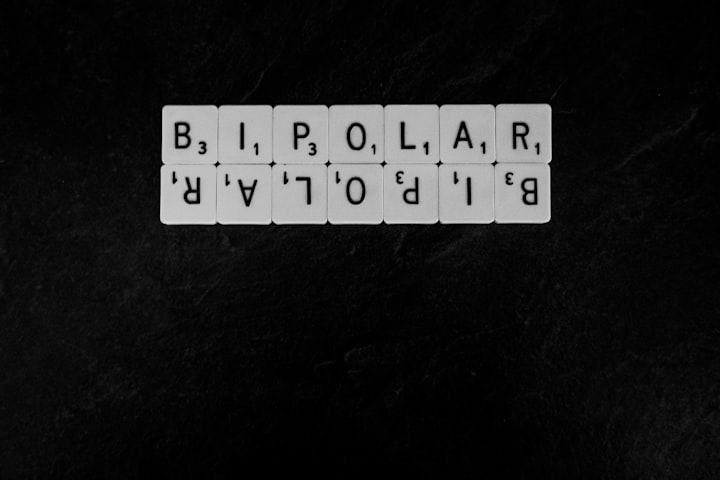Bipolar Disorder: Symptoms, Diagnosis, and Treatment
Bipolar Disorder: Symptoms, Diagnosis, and Treatment

Bipolar disorder is a mental health condition that affects millions of people worldwide. It is a mood disorder that causes extreme mood swings, including episodes of mania and depression. Bipolar disorder can significantly impact an individual's daily life, relationships, and overall well-being. In this article, we will discuss the symptoms, diagnosis, and treatment options for bipolar disorder, including the role of online therapy in India
Symptoms of Bipolar Disorder
Bipolar disorder is characterized by episodes of mania and depression. Symptoms of mania include:
Increased energy and activity levels
Elevated or irritable mood
Racing thoughts and speech
Decreased need for sleep
Grandiosity or inflated self-esteem
Impulsive or risky behavior, such as spending sprees, reckless driving, or substance abuse
Symptoms of depression include:
Persistent sadness or feelings of hopelessness
Loss of interest in activities
Changes in appetite or sleep patterns
Fatigue or loss of energy
Feelings of worthlessness or guilt
Difficulty concentrating or making decisions
Thoughts of death or suicide
Bipolar disorder is classified into different types, including bipolar I disorder, bipolar II disorder, and cyclothymic disorder. Each type is defined by the severity and frequency of mood episodes.
Diagnosis of Bipolar Disorder
Bipolar disorder is diagnosed by a mental health professional, such as a psychiatrist or psychologist. Diagnosis typically involves a thorough assessment of symptoms and medical history. The mental health professional may also conduct a physical exam and order blood tests to rule out other medical conditions.
Treatment of Bipolar Disorder
Bipolar disorder is a treatable condition, and treatment typically involves a combination of medication and psychotherapy. The goal of treatment is to stabilize mood and prevent relapse. Here are some common treatment options for bipolar disorder:
Medication: Medication is often prescribed to help stabilize mood and prevent manic and depressive episodes. Mood stabilizers, such as lithium, are commonly prescribed for bipolar disorder. Antipsychotic medications may also be prescribed to treat manic symptoms.
Psychotherapy: Psychotherapy, also known as talk therapy, can be helpful for individuals with bipolar disorder. Therapy can help individuals learn coping skills and develop strategies for managing symptoms. Cognitive-behavioral therapy (CBT) is a common type of therapy used for bipolar disorder.
Lifestyle changes: Lifestyle changes can also be helpful for individuals with bipolar disorder. Regular exercise, healthy eating habits, and good sleep hygiene can help improve mood and reduce symptoms.
Online therapy: Online therapy, also known as teletherapy, is becoming an increasingly popular option for individuals with bipolar disorder. Online therapy allows individuals to access therapy from the comfort of their own homes, making it a more convenient and accessible option for many.
Online Therapy in India
Online therapy is an effective treatment option for bipolar disorder that offers several benefits. Here are some benefits of online therapy in India:
Convenience: Online therapy is convenient, as individuals can access therapy from anywhere with an internet connection. This can be helpful for individuals who live in remote areas or who have difficulty traveling to in-person appointments.
Accessibility: Online therapy is more accessible than traditional in-person therapy, as individuals can access therapy from their homes. This can be helpful for individuals who have physical disabilities or who have difficulty leaving their homes.
Affordability: Online therapy can be more affordable than traditional in-person therapy, as online therapists may offer lower rates. This can be helpful for individuals who do not have insurance coverage or who have limited financial resources.
Privacy: Online therapy offers privacy, as individuals can access therapy from the comfort of their own homes. This can be helpful for individuals who feel uncomfortable discussing personal issues in a public setting.





Comments
There are no comments for this story
Be the first to respond and start the conversation.